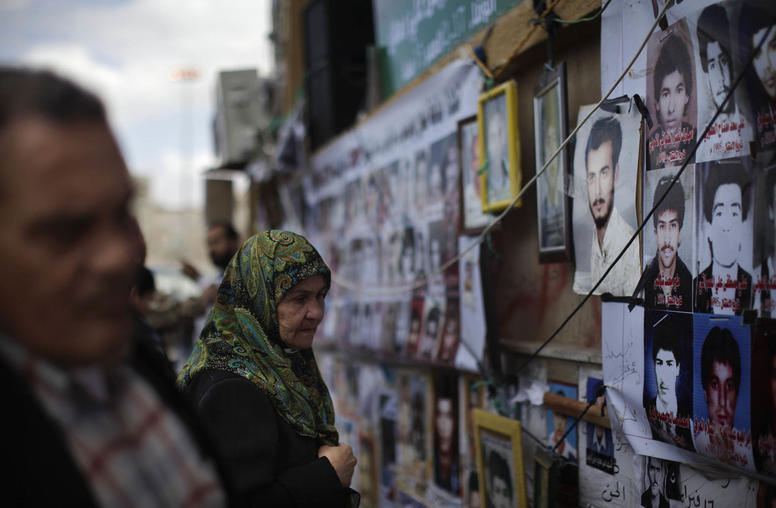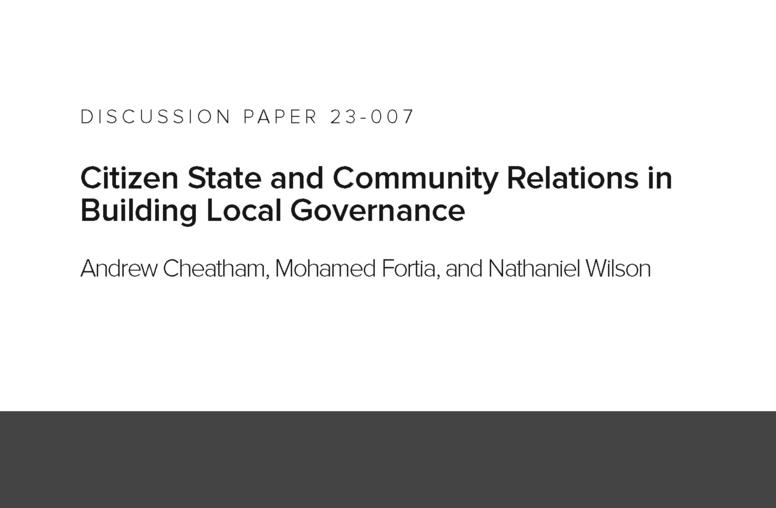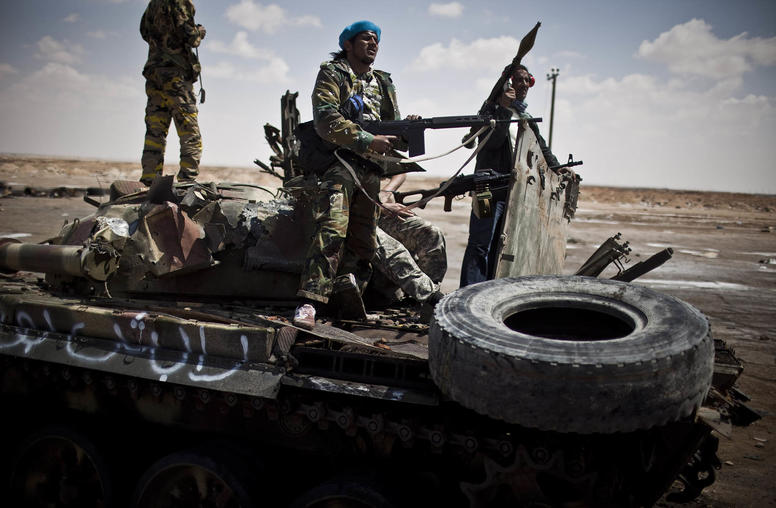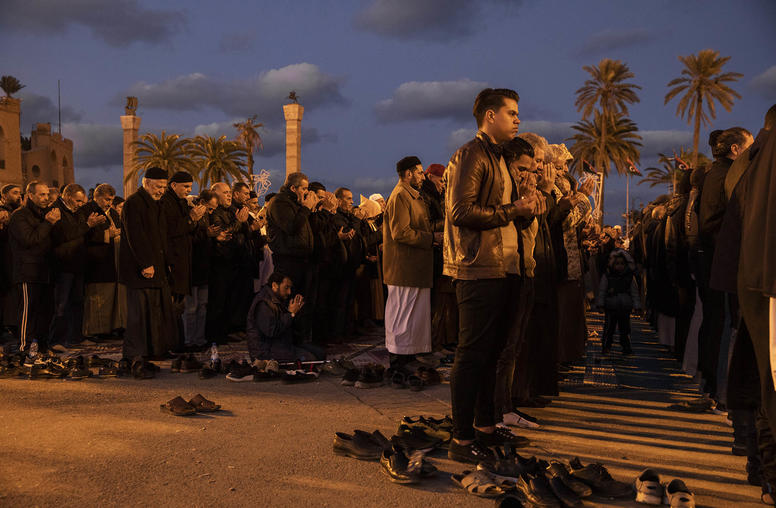Libya and the “Responsibility to Protect”
Jonas Claes, program specialist in USIP’s Center for Conflict Analysis and Prevention, talks about the "Responsibility to protect" principle and its application to the current situation in Libya.
March 1, 2011
Jonas Claes, program specialist in USIP’s Center for Conflict Analysis and Prevention, talks about the "Responsibility to protect" principle and its application to the current situation in Libya.
- How does the “Responsibility to Protect (R2P)” principle apply to the current situation in Libya?
- What would appropriate “R2P action” look like in this case? And how can the principle be used to alleviate the suffering of the Libyan population?
How does the “Responsibility to Protect (R2P)” principle apply to the current situation in Libya?
The Responsibility to Protect refers to the principle agreed to by heads of state and government at the 2005 World Summit committing each state, as well as the international community, to protect populations from genocide, war crimes, crimes against humanity, and ethnic cleansing, the four “R2P crimes and violations”. The applicability of the responsibility to protect or R2P principle to the current situation in Libya is undeniable. First and foremost, R2P reflects the negative duty for states to refrain from committing atrocities against its own people, a responsibility the regime of Col. Muammar al-Qaddafi is failing to take up. Qaddafi expressed his willingness to use all weapons at his disposal against the protesters, vowing to “cleanse Libya house by house”. He also described the protestors as “cockroaches”, a term used to dehumanize the Tutsi community before the Rwandan genocide of 1994. Despite the lack of verifiable information, the UN Security Council referred to “widespread and systematic attacks” against the people of Libya that “may amount to crimes against humanity”, and explicitly recalled “the Libyan authorities’ responsibility to protect its population.”
The international community has a responsibility to assist states in protecting its population, and to step in and take timely and decisive action if a state manifestly fails to do so. Last week R2P was invoked by the Security Council, the Secretary-General's Special Advisers on the Prevention of Genocide and the responsibility to protect, and a number of civil society organizations. Whereas the uprisings in Tunisia and Egypt were primarily considered an internal matter with significant repercussions for the region, the need for appropriate international engagement has been more broadly discussed in relation to the situation in Libya.
What would appropriate “R2P action” look like in this case? And how can the principle be used to alleviate the suffering of the Libyan population?
First of all, R2P does not merely allow for the use of reactive or coercive tools. The principle emphasizes the primacy of prevention and capacity building through supportive measures. The ideal course of R2P action would have prevented the occurrence of mass atrocities against protesters in the first place. The full panoply of options has now become available since the regime and the international community failed in their responsibility to prevent, mass atrocities appear to be ongoing, and the crisis constitutes a clear threat to international peace and security. The considered options include both coercive and supportive measures aimed at managing the immediate crisis and preventing the escalation or recurrence of the atrocities.
Initially the United Nations, the United States, and other regional players and institutions merely condemned the violence and discussed the option of coercive measures with minimal short-term effects. Over the weekend a Chapter VII resolution was unanimously adopted by the Security Council imposing an arms embargo, travel bans, and asset freezes, and referring the situation to the International Criminal Court. The European Union went a step further endorsing even harsher sanctions. The international community will surely consider other tactics besides compellence and isolation, including covert action. Alternative policy options include setting up safe havens and no-fly zones, co-opting key figures still loyal to Qaddafi to facilitate the transition process and further undermine the regime, or even military intervention through NATO. The appropriateness of these options will surely remain food for debate among international diplomatic circles as the atrocities persist and pressures to act upon the 2005 commitments rise.
The explicit invocation of R2P within a Chapter VII resolution is a significant, perhaps even historic breakthrough in our stated commitment to end mass atrocities. But it is of monumental importance that the international community goes beyond condemnations urging the Libyan regime to halt the atrocities and lives up to its commitment of readiness to take “timely and decisive action”. A repeat of the 2010 Kyrgyzstan scenario, where the international community was unable to develop an effective response to halt the atrocities or take measures to prevent its recurrence, could not only endanger the lives of many Libyans, but also undermine the development of R2P as a norm as well as the credibility of the United Nations.



